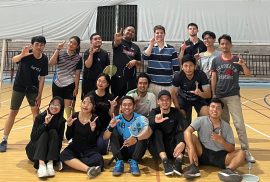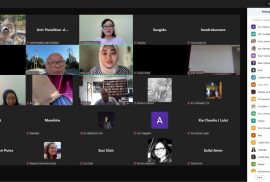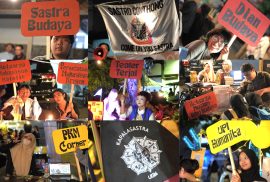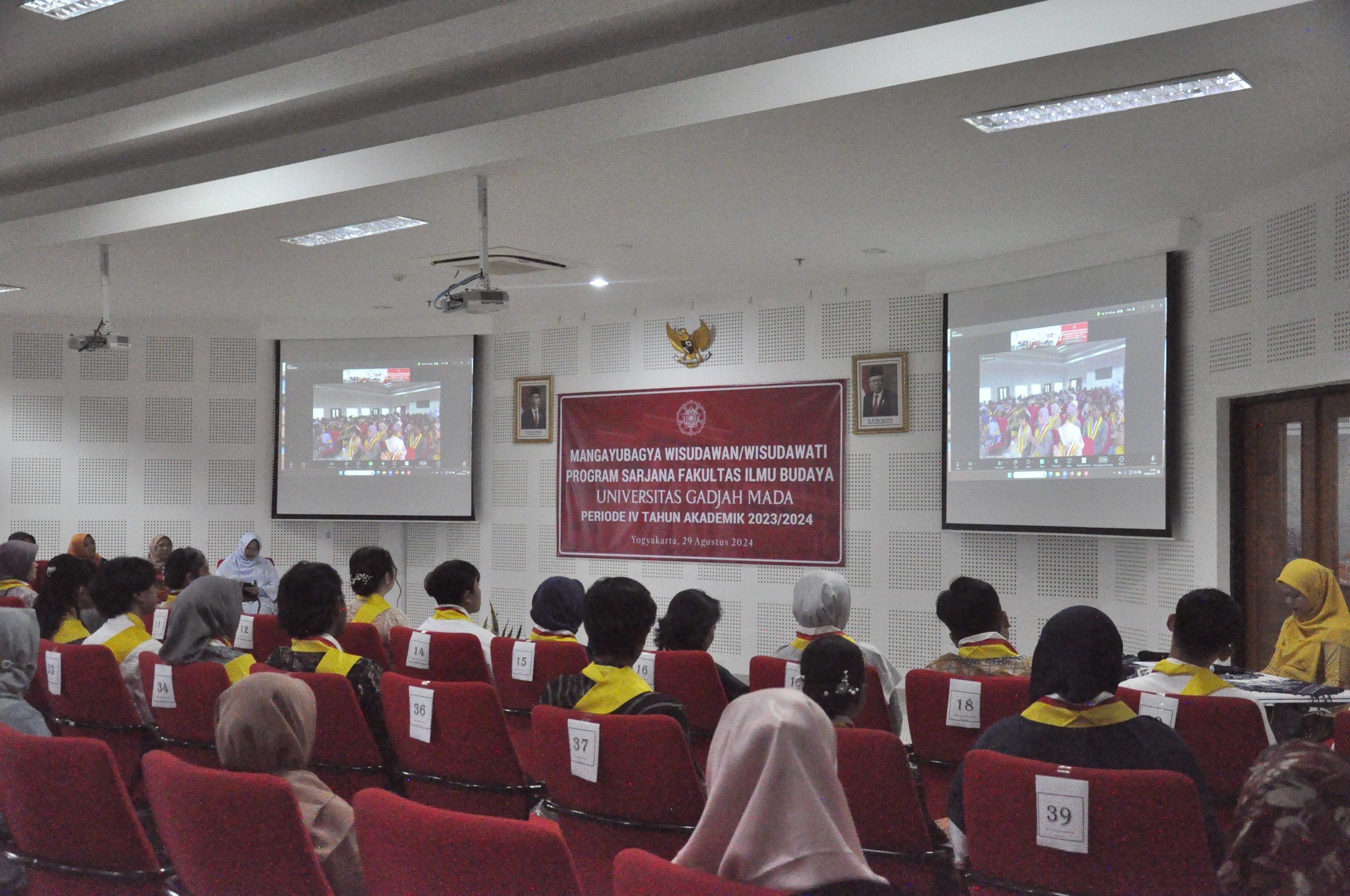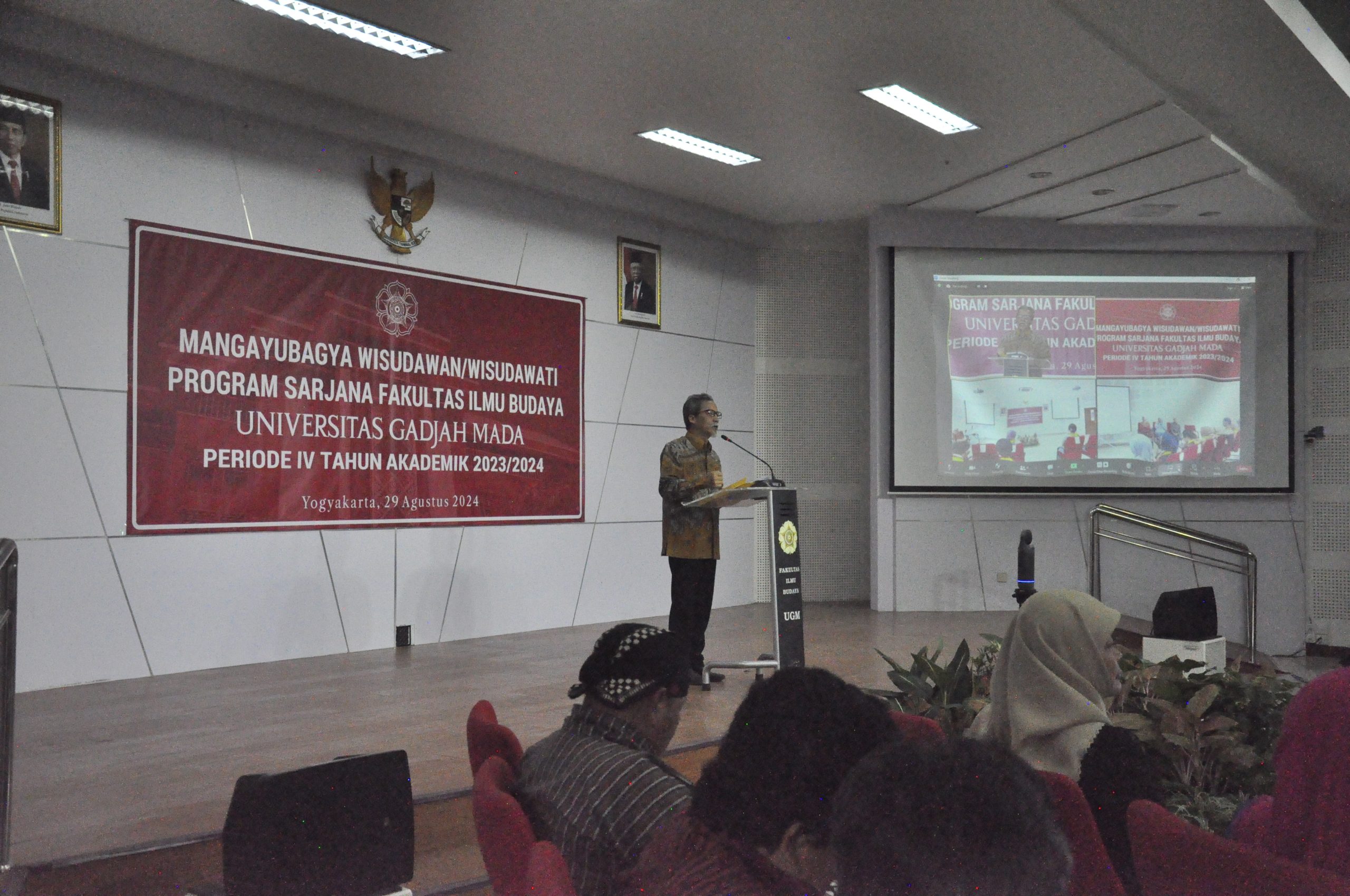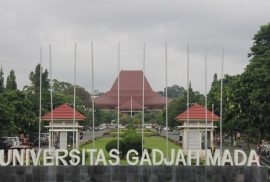Sleman, 4 September 2024 – The Linguistics Family of Gadjah Mada (Kalingga) held their routine agenda, a badminton match, at GOR Klebengan, Sleman-Yogyakarta. This event was held to strengthen friendship and cooperation between students of the Master of Linguistics Study Programme at the Faculty of Cultural Sciences, Universitas Gadjah Mada (FIB UGM). This enthusiastic event was also attended by international students from Indonesian Language and Culture Learning Services (INCULS) FIB UGM. Their presence added to the excitement of the event and expanded the opportunity to build closer relationships with fellow students from different backgrounds.
The badminton match was not only a sporting event, but also a platform to build togetherness and enhance cooperation among Kalingga members. Through this activity, it is hoped that the relationship will become closer and the cooperation in academic and non-academic fields will be more solid. Kalingga hopes that activities like this can continue to be held regularly, as part of an effort to strengthen friendship and support the academic and social development of students in the Faculty of Arts UGM.

